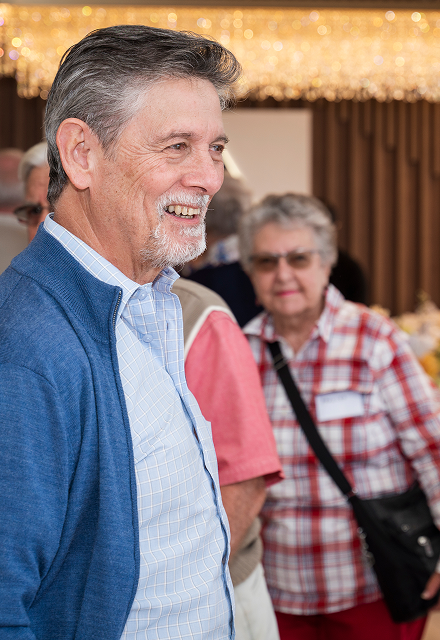How to Keep Learning
Try these helpful tips for integrating learning into your everyday life, depending on your hobbies, social preferences, and financial situation:
- Online Education
Online courses provide a wide range of possibilities at little or no cost for individuals who prefer the convenience of learning from home. There are hundreds of free classes available on websites like Coursera and Masterclass on almost any topic, regardless of your interests in science, technology, art, or history. For retirees who desire flexibility in their study schedule or who have limited mobility, this is the perfect.
- Universities
In order to complete academic objectives they might not have had time to complete during their working years, many retirees decide to seek higher education later in life. Seniors who enroll in degree courses may have a sense of accomplishment and learn new things. Getting a degree is never too late, as so many colleges offer flexible study arrangements.
- Community Colleges and Tafes
Community colleges and local tafes in NSW provide a greater range of courses at lower costs than universities do. They provide courses from creative writing to cooking, gardening, carpentry, and any other skills and knowledge. Tafes and community colleges are a great choice for seniors who want to study in a social environment since they allow them to meet new people.
Continual Education for a Happy Retirement
Beyond just taking in new information, lifelong learning involves cultivating a growth-oriented, curious mentality that will benefit you in your retirement years. There are several ways to learn, including through regular classroom education, online courses, and engaging in hobbies.
Maintaining your ties to the outside world, enhancing your physical and mental health, and creating long-lasting relationships with others are all made possible by continuing your learning journey.


